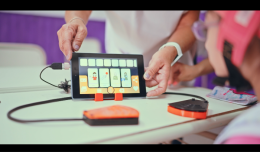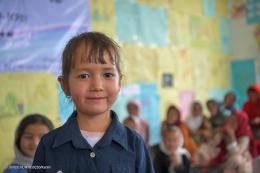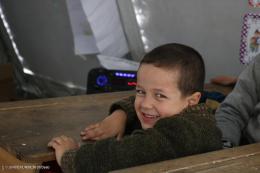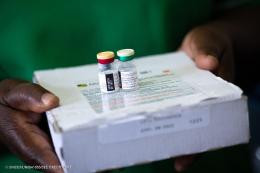main content start
Quality education across different geographies at scale.
They [teachers] understood the impact VR can have in their classrooms.
Related Stories

Portfolio News
May 08 , 2024

Portfolio News
AGUA: Revolutionizing Global Collaboration for Funding Transparency (with Growth Graduate Atix Labs)
Mar 04 , 2024

Portfolio News
Sep 26 , 2023

Portfolio News
Sep 26 , 2023

Portfolio News
Sep 25 , 2023

Portfolio News
Sep 25 , 2023